I started travelling at eighteen and continue in my thirties. Valuable travel lessons have been learned over the years and I would like to share some of them with you. I don’t profess to be an expert, just an ordinary person with a passion for the obvious: meeting new people, seeing novel places and viewing the world through assorted lenses.
The following inexhaustible list is replete with seventy lessons I’ve learned; I wish to convey them as travel tips-cum-advice. They’ve served me well.
Seventy Travel Lessons from me to you
- Listen to others. We can all learn new things each day, sometimes from the most unexpected encounters.
- Don’t start conversations with other travellers by country counting: travel is not a competition. The earth is not going anywhere.
- You’ve not ‘done’ a country: there are many other perfectly suitable adjectives from which to choose. You ‘visited it’, ‘saw it’, or ‘stayed in its cities’ are all great alternatives.
- Be thrifty with your money and spend cautiously. It’ll extend your travels and give you the opportunity to do more.
- Research your destination. Spontaneous travel is enjoyable but ignorance is dangerous and unforgivable.
- Spend a day - occasionally - without a photographic device. The memories you’ll capture with your mind will be priceless and the gems you’ll yield from engaging wholeheartedly will be invaluable.
- Seek permission before taking overt photographs of people. If not, it can end in physical violence.
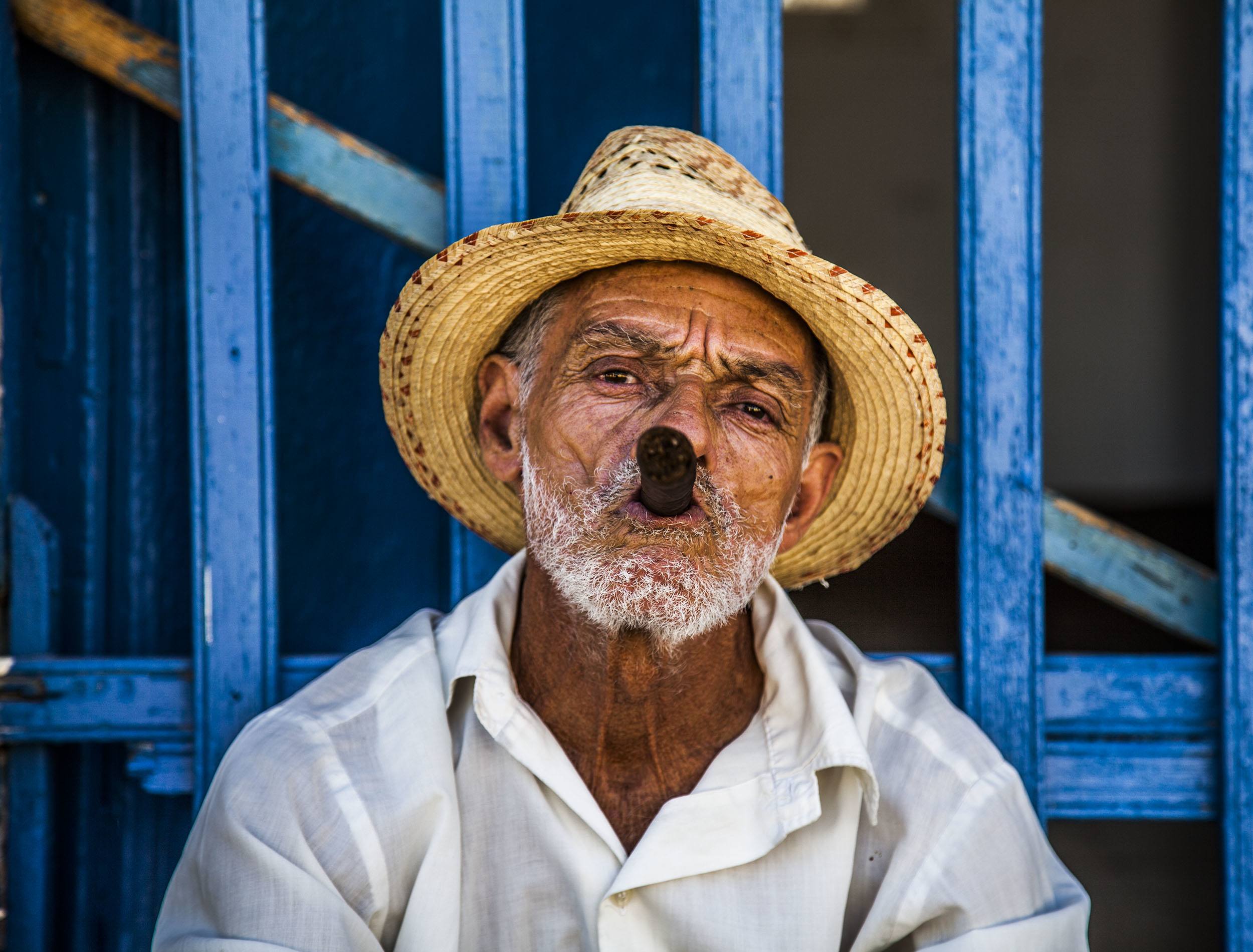
- Look for new and creative angles from which to take photos: they will stand out from the pack and be more memorable.
- Record your experiences. Write them in a diary, recounted objectively or subjectively. Just record them. Unrecorded memories do fade.
- Titillate your tastebuds: try local food in each place you visit. Diarrhoea is inevitable, so let loose gastronomically – with a little caution in tow – every now and again.
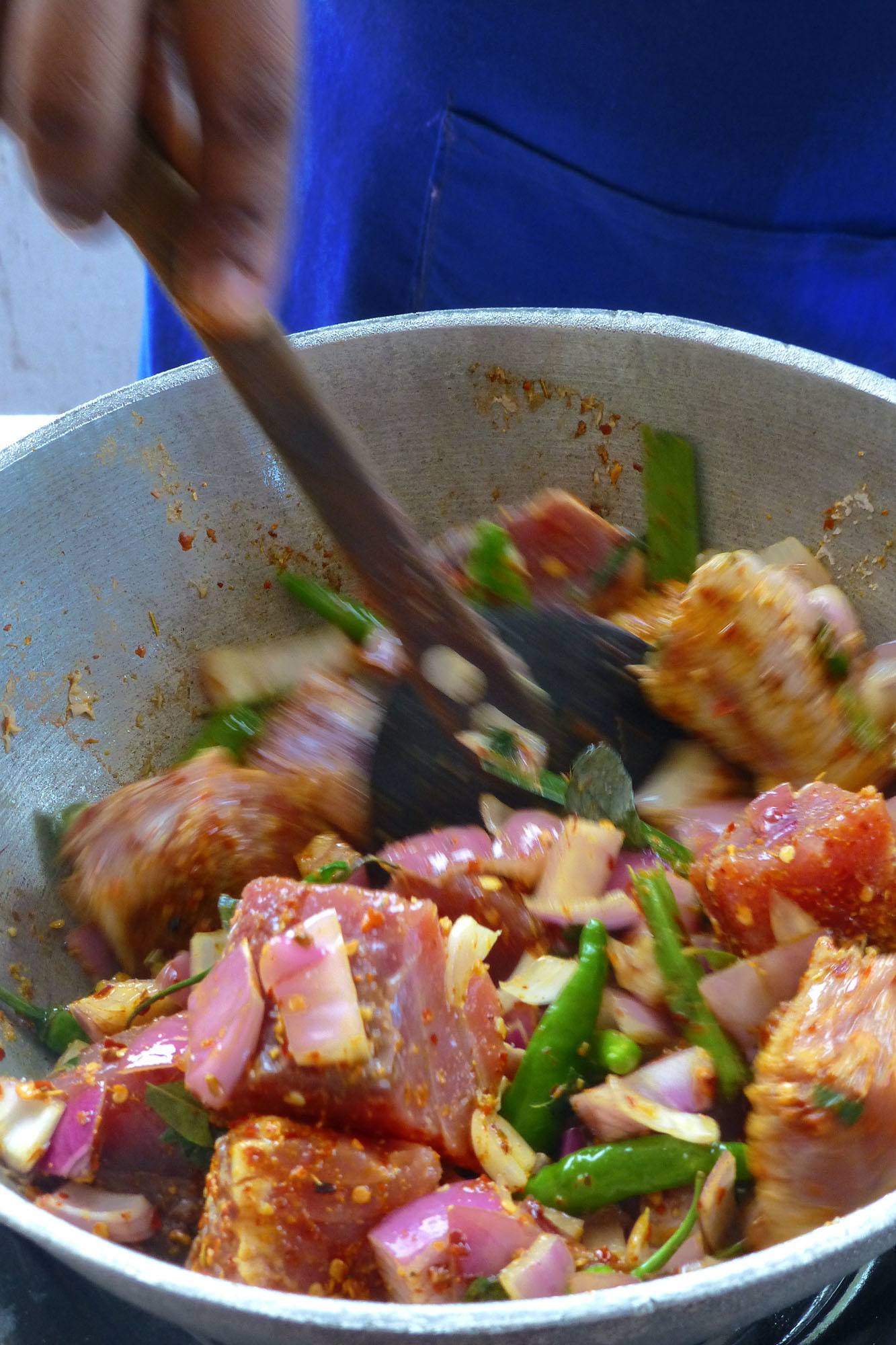
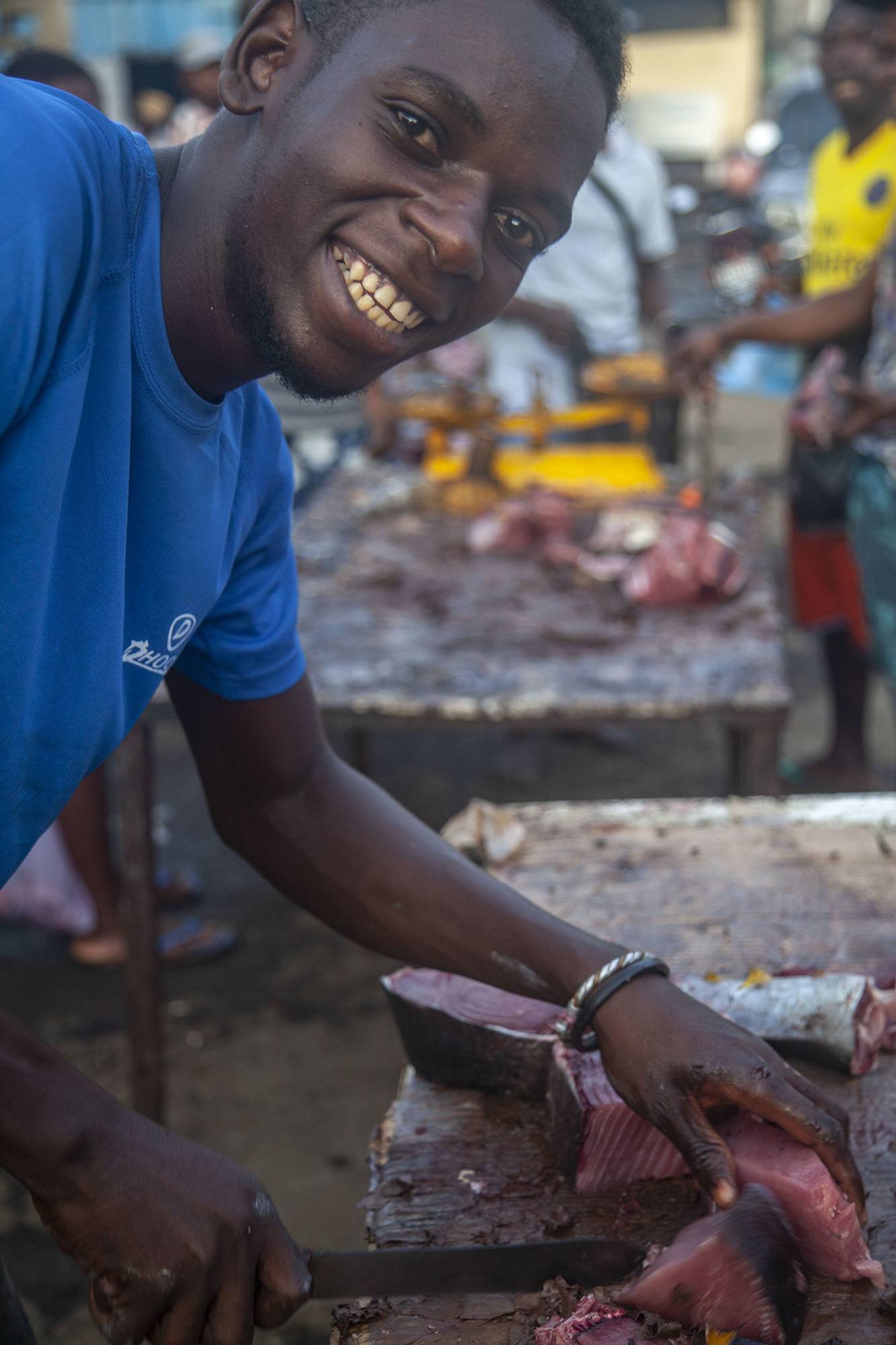
- Diarrhoea is an integral part of most journeys; it’s often inescapable. Carry medication from home for the more extreme and infectious cases.
- If you expect that unexpected circumstances will occur, then you won’t get too angry or be overly disappointed when they change your plans.
- Keep expectations low; you then can’t get too disappointed.
- Be open: new experiences will find you.
- Anger gets you nowhere.
- Be patient.
- Don’t be rude. Things often work differently abroad, so take your time and smell the roses. Kindness gets you far.
- Smile. It’s radiant and it will draw unlikely souls to you.
- Dress on the conservative side to avoid unwanted attention.
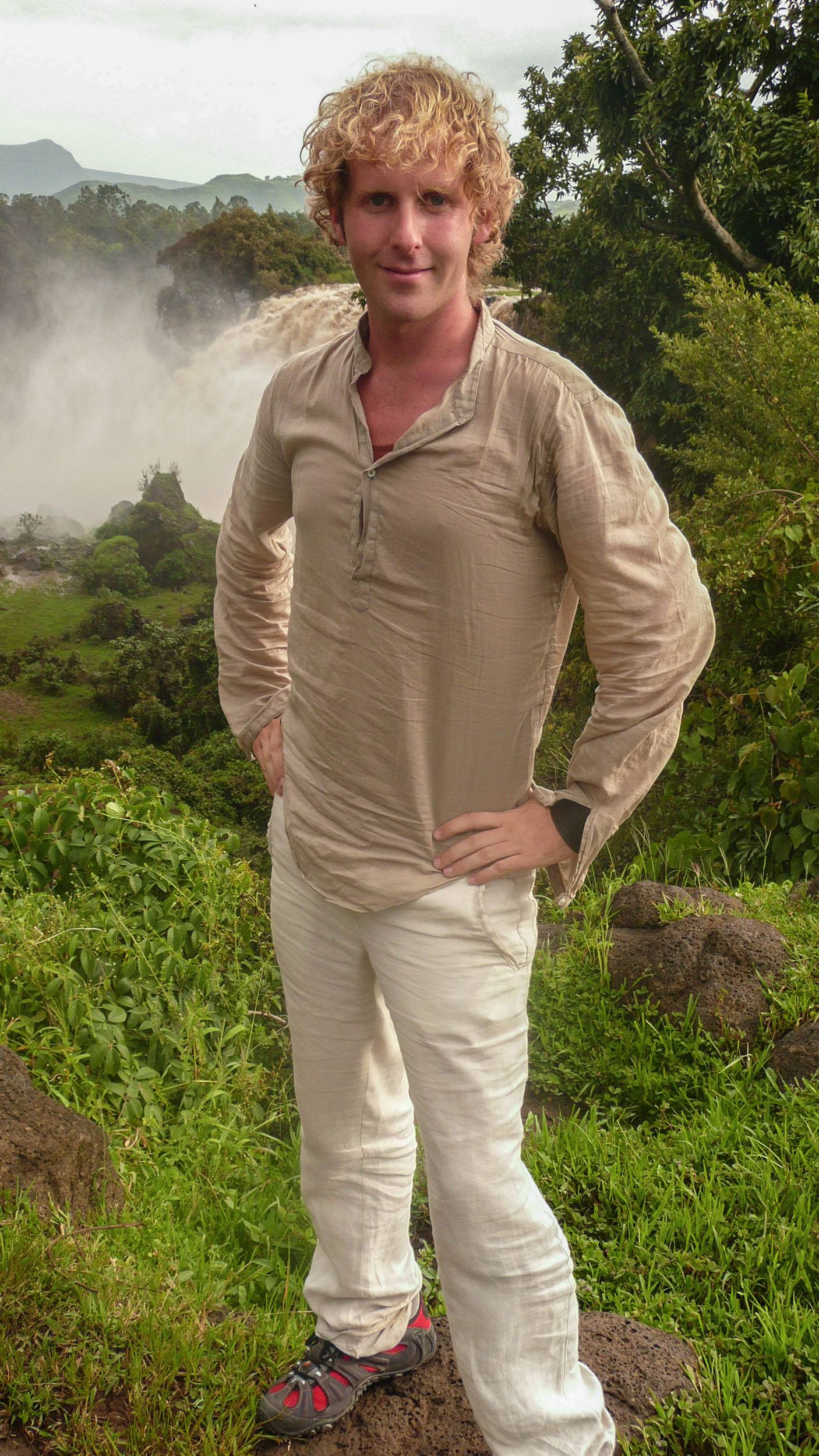
- Travel as though tomorrow were your last day on earth.
- Make copies of important documents and carry them separately. Stow them in unlikely places, across multiple items of luggage.
- You won’t make friends walking down dark alleys alone at night.
- Don’t carry only cash: diversify your payment options.
- Divide your cash and stash it in multiple locations.
- Always check mattresses for bedbugs before dropping your bags on the floor.
- Read the reviews of other travellers when booking accommodation; look for objective statements, not sensationalised personal opinions.
- If a property has multiple bad reviews with a common thread, it’s generally a no-go.
- Put the guidebook down and let intuition guide some of your decisions. You’ll be surprised what you may find.
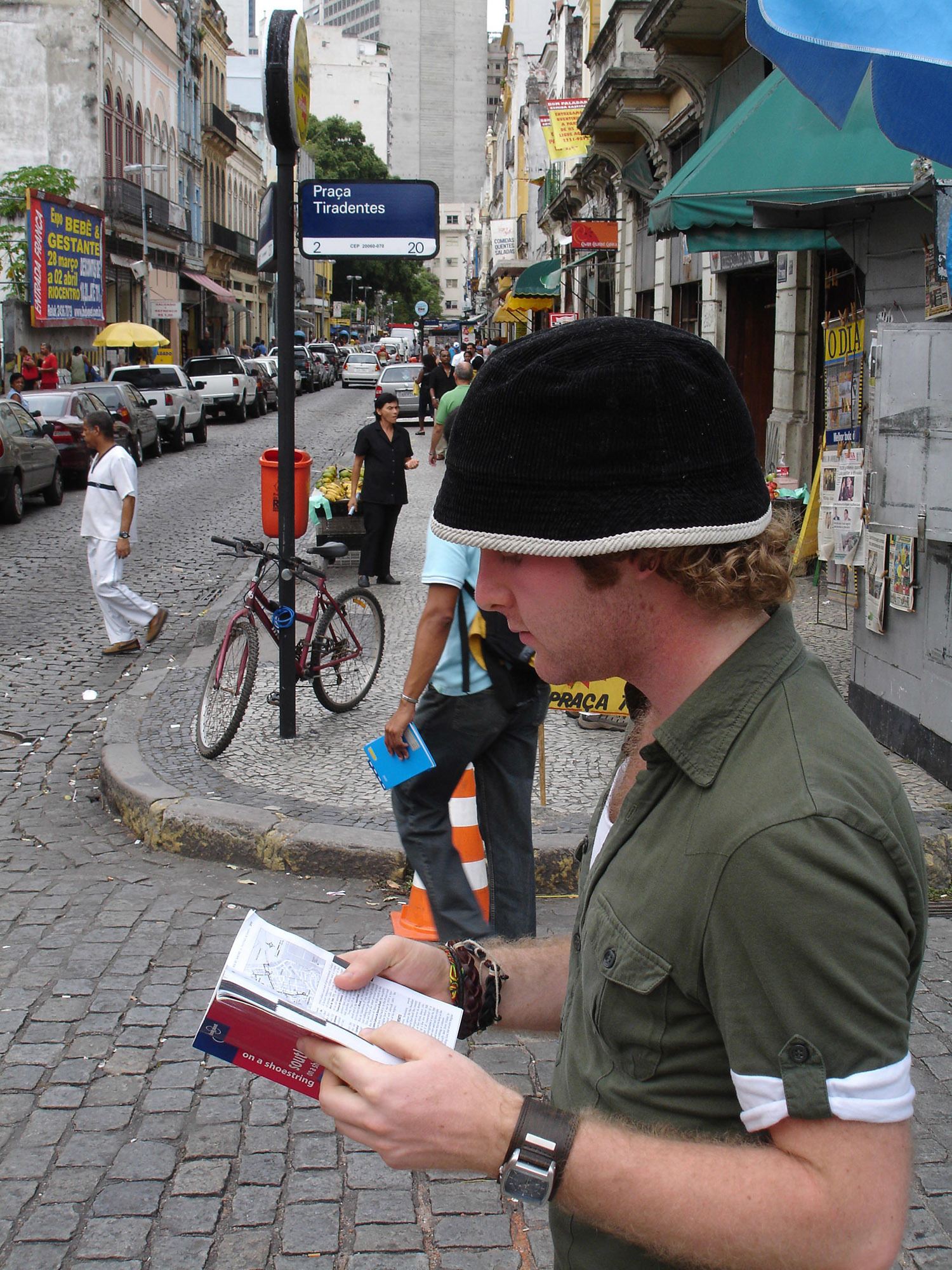
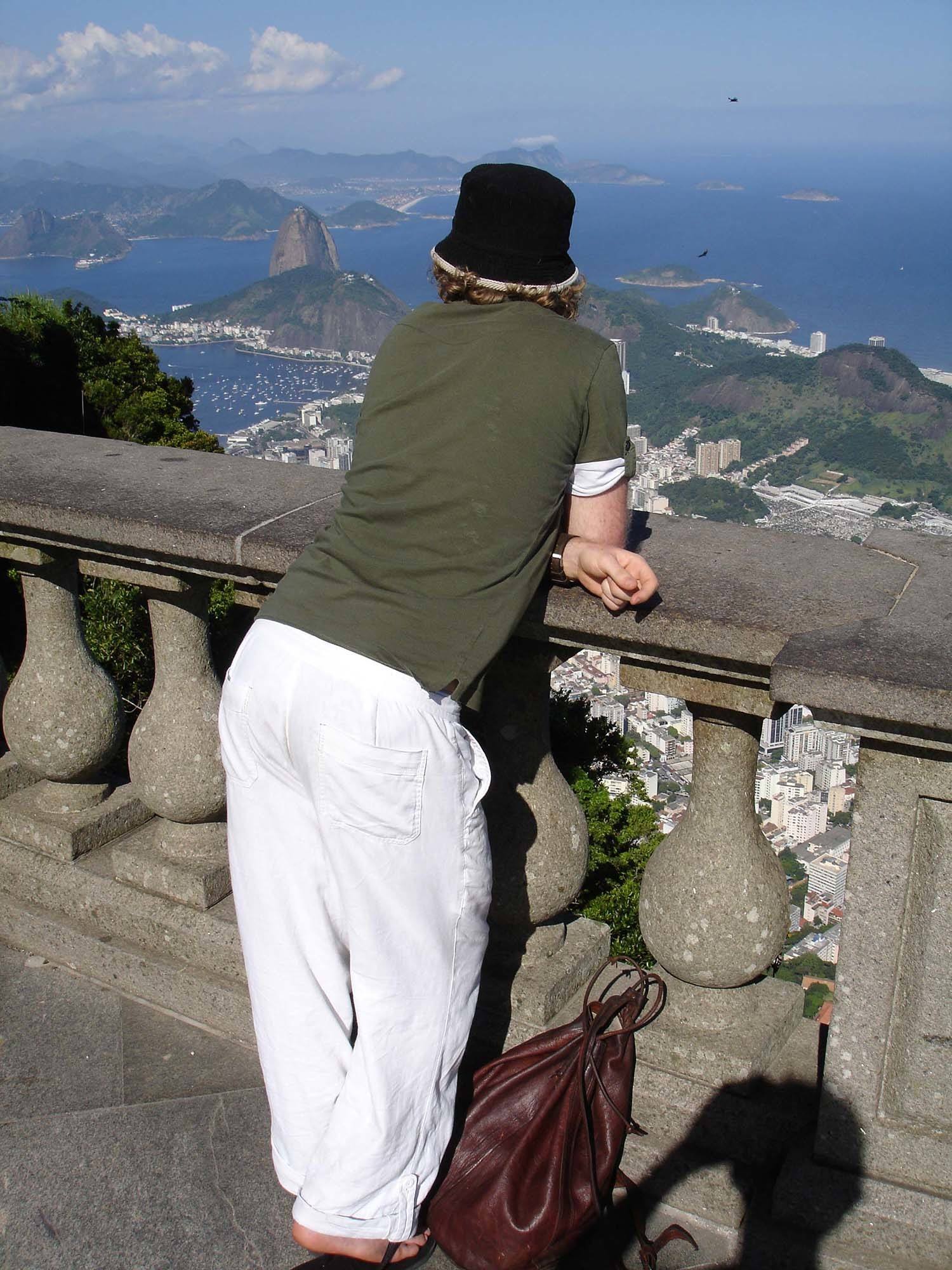
- You don’t need to befriend every other traveller: be discerning and reap rich personal rewards.
- Talk to the person beside you on the bus or plane or in the shared taxi.
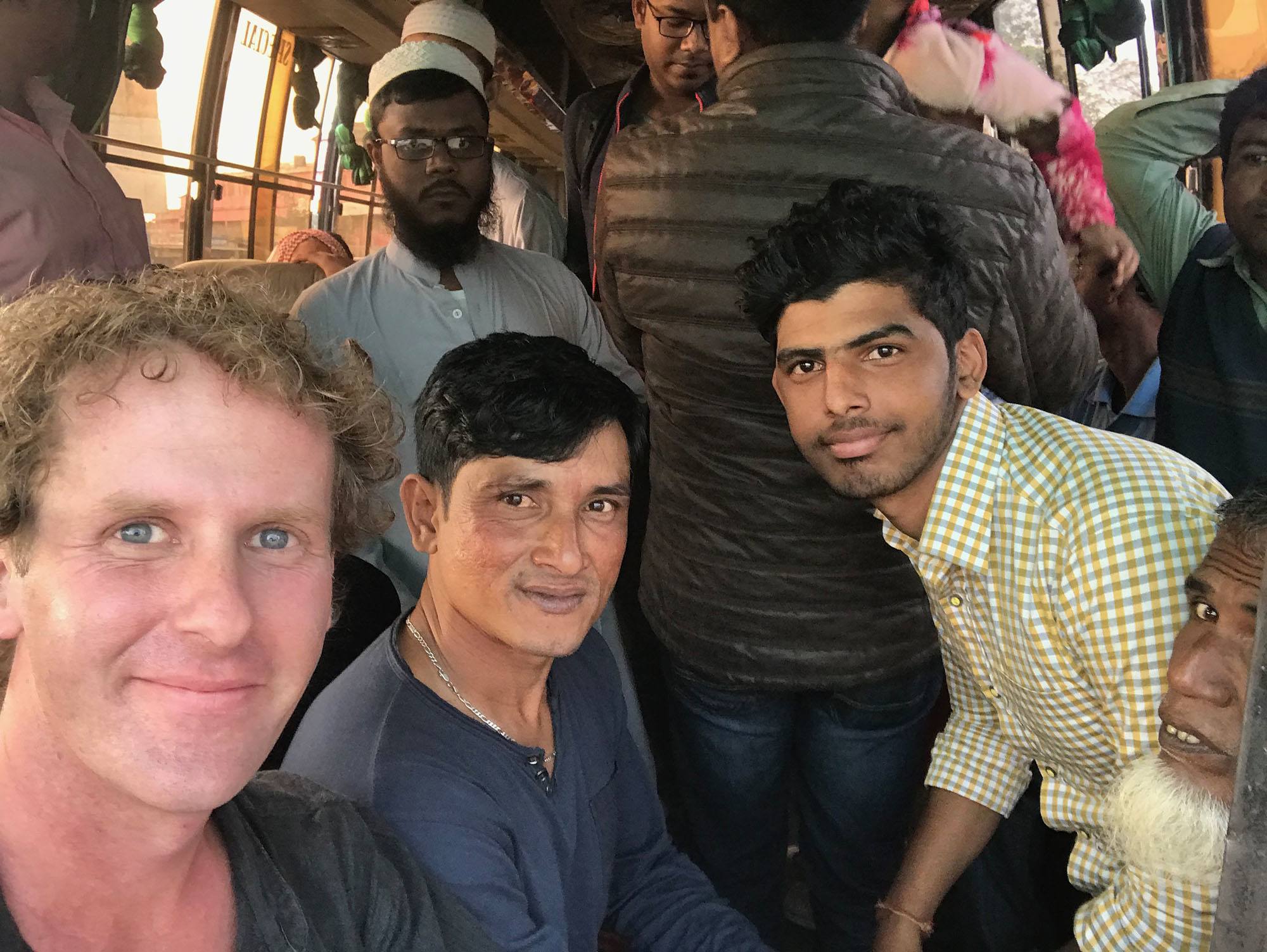
- Get travel insurance with medical coverage: not to is foolish.
- Don’t party all night and sleep all day (every day).
- Learn to like beer: it’s always the cheapest alcoholic option on the drink menu.
- Wipe the cutlery in developing countries before using it to eat.
- Be spontaneous, even if you’re a true type A personality.
- Display generosity. You’ll be rewarded, if not materially, then holistically.
- Always carry toilet paper in your day pack.
- If you were given a seat number at check-in, you don’t need to be first in line when boarding commences. You WILL get to your seat, eventually. If, of course, your carry-on luggage is enormous, then you’ll need to be first in line to secure space in the overhead locker. Otherwise, sit and enjoy reading the final page of the paperback you now regret packing as it’s become too heavy to carry.
- Learn which hand is for food and which for the toilet in the countries that don’t use utensils to eat.
- Not everyone is trying to rip you off. Sometimes the price you’re told is actually the real deal.
- Be helpful.
- Developing world travel will help your money stretch much further than traveling in affluent nations.
- Western Europe is expensive: there’s no way around it.
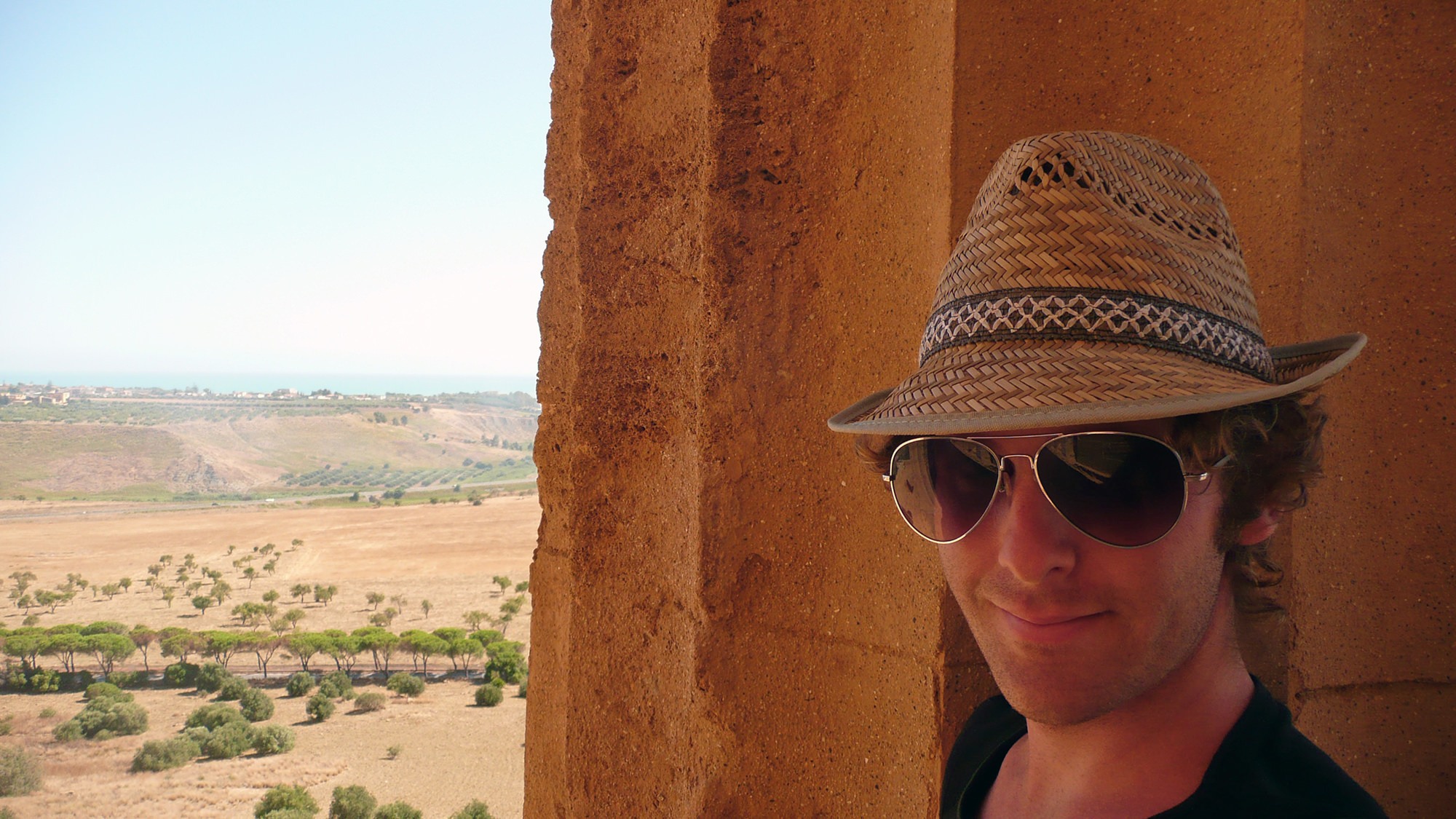
- Volunteer: you’ll reap rich and satisfying personal rewards and your money will stretch.
- Pack lightly. You don’t need every item of clothing you’ve ever purchased. Take only necessary items. You won’t feel like a walking liability.
- Don’t take your favourite possessions. Airlines lose bags and thieves occasionally steal them. Take things you’re happy to say goodbye to if the occasion arises.
- Realistically, you only need a wallet with a debit and credit card, your camera and passport with which to set off. New possessions can always be bought en route.
- Be careful when accepting food from strangers in certain countries. Sometimes it’s laced with unknown substances. You don’t want to wake up in a bathtub of ice minus one of your kidneys.
- Be aware of the dangers and annoyances inherent to each place you’re visiting: it’ll save you getting hurt or ripped off.
- Try independent travel at least once in your lifetime. The rewards will eventually materialise, especially the strength of character you’ll develop.
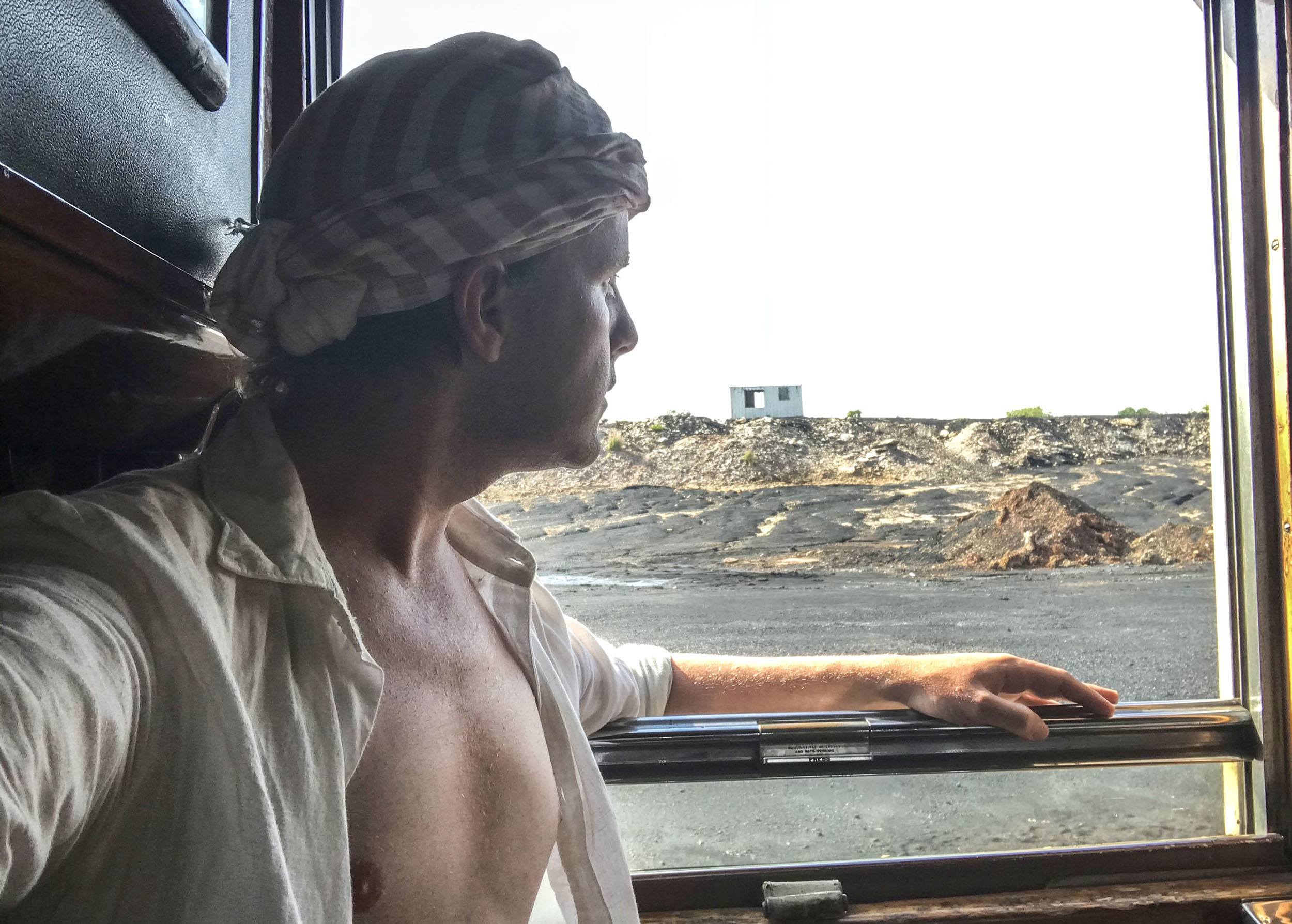
- Don’t be afraid to sit on the top of the bus or in the tray of the ute. So long as you apply sunscreen and insect repellent, you’ll have the best view of the passing scenery.
- Always know a few words of the language used in the country you’re visiting. It’s respectful and goes a long way to forming bonds and engaging in authentic cultural experiences. It also helps when trying to get around, understand menus, book accommodation and find a bathroom.
- ATMs inside banks and buildings are generally safer than those on the street. Be savvy and alert to card scanning scams.
- Withdraw enough money to last you the length of time you’ll be in a country. It’ll save a fortune in bank fees and charges. Some countries - such as Cuba - are cash economies, so always having a supply on hand is fundamental.
- Compromise is essential. You won’t always be able to see and do everything you wish. Resign yourself to returning on a different trip to see the things you’ve missed or couldn’t afford.
- Unless you have a gastrointestinal tract made of stone, then avoid things that have been washed in water when in the developing world. Bacteria colonising your bowel that are native to your home nation are different to those in poorer locations. You will likely get sick if you eat the lettuce on the burger. Take it off and put it aside.
- If locals are eating the food from a street vendor, then it’s likely safe, so long as there aren’t too many flies or other animals close by.
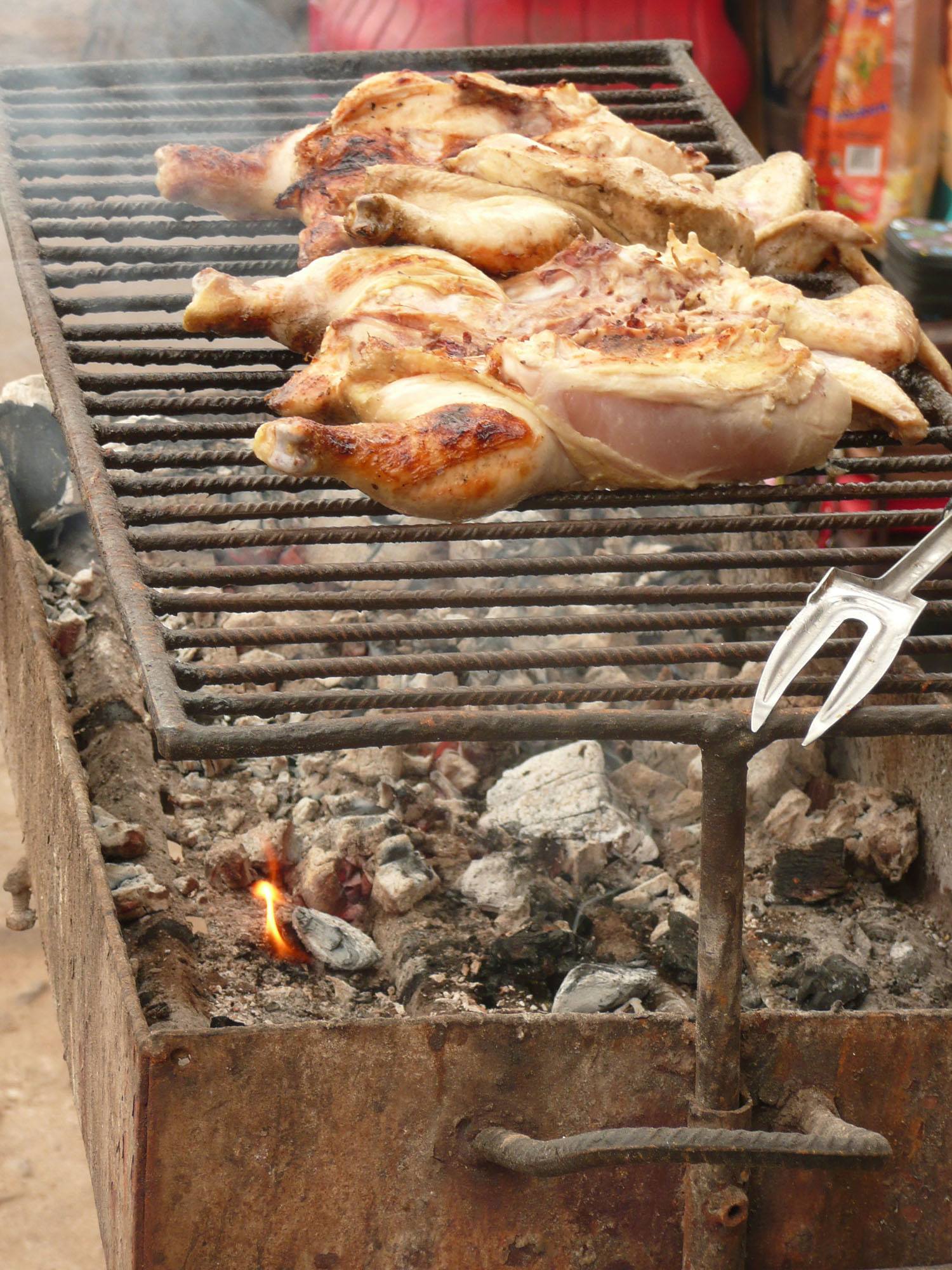
- Don’t judge other travellers or tourists. Each of us explore the world in different ways. Accept it and put your judgmental attitude aside.
- Don’t visit every museum listed in the guidebook simply because they’re suggested visits. Dig deep and discern what your interests are. Do the things that make you happy and pique your curiosity.
- However, some things are a must and need to be seen even if it doesn’t whet your sagacious travel appetite. Ascend the Eiffel Tower, visit the Pyramids of Giza and snorkel among nurse sharks in Belize.
- Always carry a pen. Aside from border formalities, there have been countless times in which blue or black ink have been useful.
- Don’t be afraid to negotiate prices, even if you feel a discount will be unlikely. Be polite and reasonable when doing so and few people will be offended. You never know where discounts may exist.
- Always carry a bottle of aloe vera in your luggage. Even dark-skinned travellers are susceptible to the effects of UV radiation and experience sunburn. Protect it and it should treat you kindly in old age.
- Give yourself a ‘Sunday’ every now and again. Consistent travel can be tiresome – analogous to a day job with a busy routine – and even the most energised travellers, from time to time, need time out on a couch in front of a television.
- Ask locals for advice, especially in notoriously dangerous cities and countries. Per advice from my good friend Sofia, “Ask an older person, someone in their mid-life and a youth; obtain reports from both genders.” If there’s a common thread in their pearls of wisdom, then heed it to avoid unwanted trouble.
- Always carry a resealable plastic bag in your day pack and fill it with the following: medication (namely paracetamol and ibuprofen), wet wipes, hand sanitiser and lip balm. These few items are versatile and will get you through most sticky situations unscathed.
- Ensure the bank in your home country knows you’re travelling. The last thing you want at an ATM on your first day in a new country is inaccessible funds. Informing them before departure will save you a few grey hairs on the road and an anxiety attack.
- Keep a list of the most important contacts – phone numbers, email addresses or website URLs – on hand. Electronic copies are essential but a paper copy will help when WIFI is not accessible. Who knows when you may be incarcerated overnight? Let’s hope it never happens.
- Share your adventures with friends and family. Start a blog or post regular comments on your choice of social media platform. You may not think your travels are interesting but those at home - trapped in the monotony of daily living - will.
- Be brave. Travel is one of the most rewarding pastimes but it’s not always a walk in the park. Take estimated risks, dive into the deep end occasionally and reap rich rewards.
What lessons have you learned while travelling? I'd love to hear your thoughts.











Awesome post! Keep up the great work! 🙂
Thank you for the positive feedback, it’s greatly appreciated.